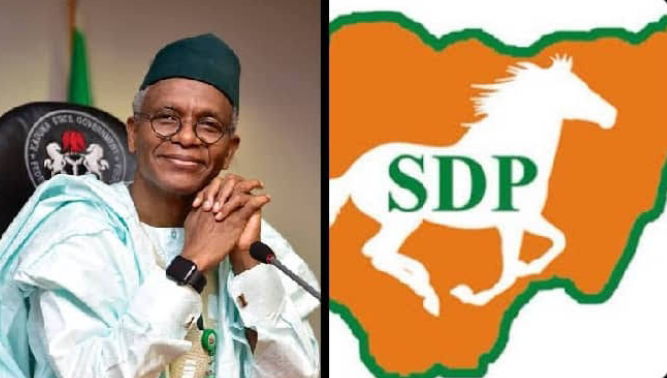Political alignment of Lagos State and Federal Government seen as key to Nigeria’s economy
Published on 2015 April 21, Tuesday Back to articlesNow that Nigeria’s gubernatorial elections are largely concluded and confirmed – disputes aside – the implications of a May-incoming All Progressives Congress (APC) government combined with APC-affiliated governors in several key states are becoming increasingly apparent. As Menas Associates’ Nigeria Politics & Security publication highlights, the political alignment of the Lagos State and Federal Governments could be beneficial for the country’s economic development and provide the southern aspect to the northern president’s new government.
While major APC bigwig and governor Rotimi Amaechi of oil-rich Rivers State is to be succeeded by a Peoples Democratic Party (PDP) man, confirmation of the APC’s gubernatorial victory in Lagos State has drawn the interest of both economic and political analysts. Some believe that Lagos State, whose GDP is officially larger than that of either Kenya or Ghana, and is seen as a major driver of Nigeria’s economy, will benefit from APC governorship aligned with an APC-led Federal Government. Another framing is that Lagos State will no longer be held back from completing major infrastructure projects by a disgruntled PDP-led Federal Government.
Considering the powerhouse nature of Lagos State in economic terms, Muhammadu Buhari may yet look to Lagos-affiliated APC members to occupy key positions in his economic and policy team. This will not only provide the new government with competent members who have helped transform Lagos State into the continental powerhouse that it is, but will also provide the southern influence in an administration which could yet see many House of Representatives and Senate leaders hailing from Nigeria’s north. This will allow Buhari to ensure the much-needed balance to help placate those southerners who remain suspicious of the incoming northern president.
Key players in economic policy-making include Central Bank of Nigeria (CBN) monetary policy committee (MPC) member and Lagos Business School-affiliated Dr Adedoyin Salami, and incoming vice-president and former Lagos State justice commissioner/attorney general, Yemi Osinbajo.
Even though CBN governor Godwin Emefiele, for example, is likely to be secure in his position Nigeria will indeed see a change in its economic decision-makers. On economic policy, areas already highlighted by senior APC members for review include reducing leakage of funds, removing fuel subsidies, improving tax collection and reducing the recurring expenditure share of Nigeria’s budget.
While some expect the APC to introduce a supplementary budget soon after coming to power, others expect little action until after the summer – assuming Goodluck Jonathan’s/Ngozi Okonjo-Iweala’s 2015 budget is approved prior to their leaving office.



